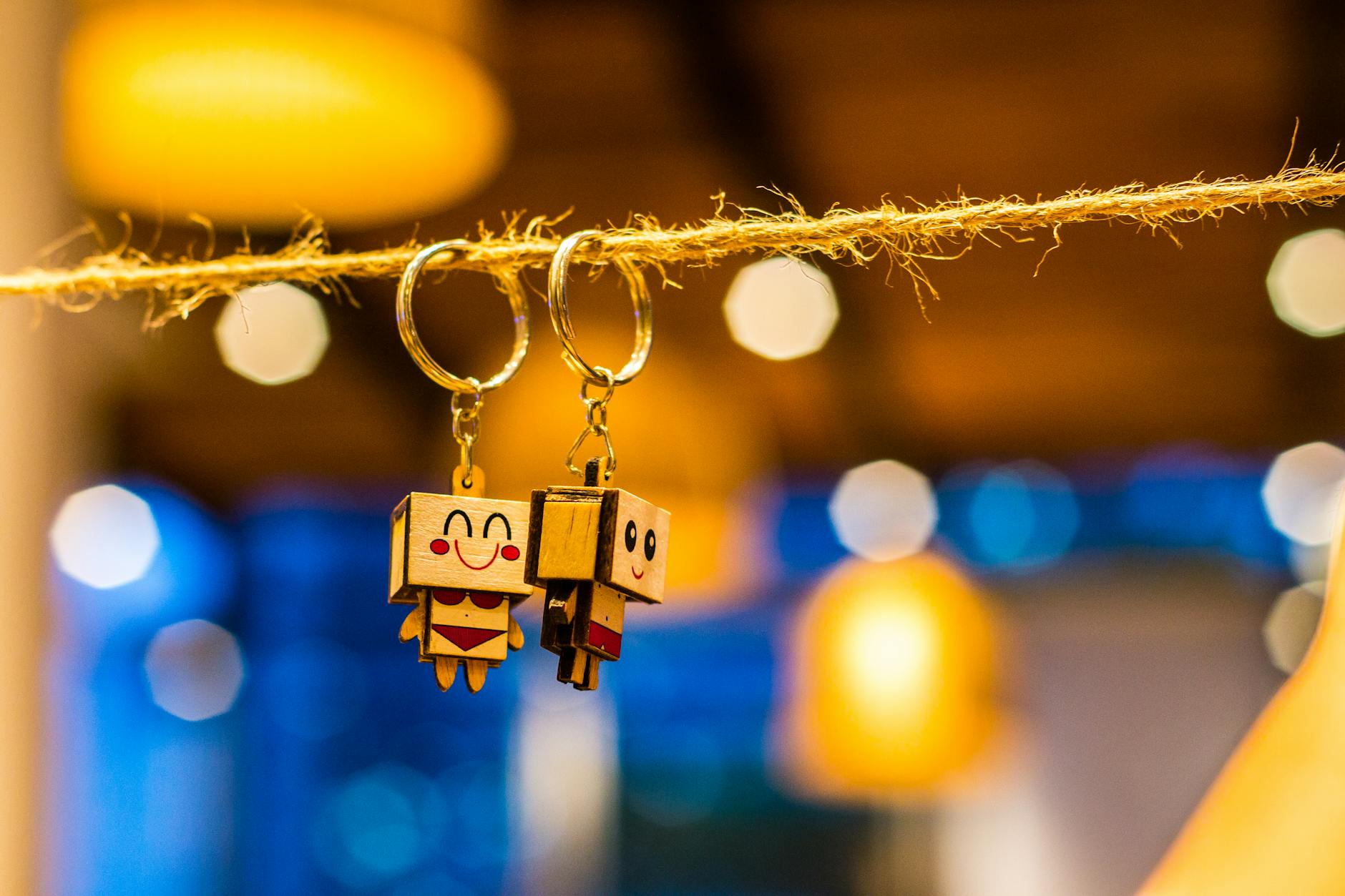Discover the secret formula to calculate your own beer intoxication threshold and drink responsibly without going overboard. Cheers!
Have you ever wondered how many beers it takes to get drunk? The answer to this question is not as straightforward as you might think. Factors such as alcohol metabolism, individual tolerance levels, and various external influences play a significant role in determining how intoxicated you can get from consuming alcohol. Let’s delve into the science behind alcohol intoxication to better understand this intriguing question.
Understanding Alcohol Metabolism
Alcohol metabolism is a complex process that occurs in the liver. When you consume alcohol, enzymes in the liver break it down into acetaldehyde and then further metabolize it into acetate. The rate at which your body metabolizes alcohol can vary based on several factors, including age, gender, weight, and overall health.
One crucial measure of intoxication is blood alcohol concentration (BAC). BAC is a percentage that represents the amount of alcohol in your bloodstream. As your BAC increases, so does your level of intoxication. It’s essential to note that everyone metabolizes alcohol at a different rate, so two people who consume the same amount of alcohol may experience different levels of intoxication.
Individual Tolerance Levels
Individual tolerance levels play a significant role in how drunk you can get from drinking beer. Factors such as genetics, overall health, and previous alcohol consumption can impact your tolerance to alcohol. Some people may have a higher tolerance due to genetic factors, while others may feel the effects of alcohol more quickly.
Knowing your own alcohol limits is crucial for drinking responsibly. It’s essential to listen to your body and recognize when you’ve reached your personal intoxication threshold. Drinking in moderation and being aware of your tolerance levels can help prevent excessive alcohol consumption and the negative consequences that may result from it.
Factors Influencing Intoxication
Several external factors can influence how drunk you get from drinking beer. Eating food before or while consuming alcohol can help slow down the absorption of alcohol into your bloodstream, potentially reducing the effects of intoxication. Staying hydrated and pacing yourself while drinking can also help moderate your level of intoxication.
It’s essential to be aware of how alcohol interacts with other substances, as mixing alcohol with drugs or medications can have dangerous consequences. Additionally, factors such as stress, fatigue, and environment can impact how alcohol affects your body. Understanding these influences and prioritizing your safety while drinking is crucial for responsible alcohol consumption.
In conclusion, the question of how many beers it takes to get drunk is not a simple one to answer. Alcohol metabolism, individual tolerance levels, and various external influences all play a role in determining your personal intoxication threshold. By understanding the science behind alcohol intoxication and practicing responsible drinking habits, you can enjoy alcohol in moderation while prioritizing your well-being. Remember to know your limits, listen to your body, and make informed decisions when it comes to consuming alcohol.
FAQs
How can I calculate my personal beer intoxication threshold?
You can calculate your beer intoxication threshold by considering factors such as your weight, gender, and the number of drinks consumed over a specific period. Online BAC calculators can also provide an estimate based on this information.
What is blood alcohol concentration (BAC) and how does it relate to intoxication?
Blood alcohol concentration (BAC) is a percentage that represents the amount of alcohol in your bloodstream. As your BAC increases, so does your level of intoxication. Knowing your BAC can help you understand your current state of intoxication and make informed decisions about drinking.
How does individual tolerance levels affect alcohol intoxication?
Individual tolerance levels play a significant role in how alcohol affects each person. Factors such as genetics, overall health, and previous alcohol consumption can impact one’s tolerance to alcohol. People with higher tolerance may need more alcohol to feel intoxicated, while others may feel the effects more quickly.
What are some external factors that influence alcohol intoxication?
Eating food before or while drinking, staying hydrated, and pacing yourself can help moderate your level of intoxication. Mixing alcohol with drugs or medications can have dangerous consequences. Factors like stress, fatigue, and environment can also impact how alcohol affects your body, so it’s essential to be mindful of these influences.


Leave a Reply